Flies and Hygiene Risks
 Sep 10,2024
Sep 10,2024
 1008
1008
 Winking
Winking
Flies are common carriers of bacteria, often contaminating their wings and legs with numerous pathogens. When flies land on food, they can transfer these harmful bacteria, leading to foodborne illnesses such as diarrhea and food poisoning. This cross-contamination not only compromises food safety but can also result in serious health issues, especially in environments with poor hygiene. Maintaining cleanliness and promptly managing waste are effective measures to prevent these hygiene risks.
Economic Damage Caused by Flies
The presence of flies poses a significant threat to commercial environments, particularly in the food service and agricultural sectors. In restaurants and food processing facilities, fly issues can lead to customer loss and failed health inspections, resulting in economic losses. Additionally, flies can affect crop quality, increasing production costs for farmers and further impacting agricultural profits. To mitigate these economic damages, businesses must implement effective fly control measures and maintain a clean environment.
Threats of Flies to Public Health
Flies not only spread bacteria but can also carry parasitic eggs, posing health risks to humans. In urban and rural areas, flies can breed and proliferate rapidly, potentially leading to outbreaks of infectious diseases. To protect public health, it is crucial to enhance fly control measures, including maintaining clean environments and regularly managing waste. Only through comprehensive strategies can we effectively reduce the health threats posed by flies.

 +8615179437407
+8615179437407 eva@sz-winking.com
eva@sz-winking.com
 Home
Home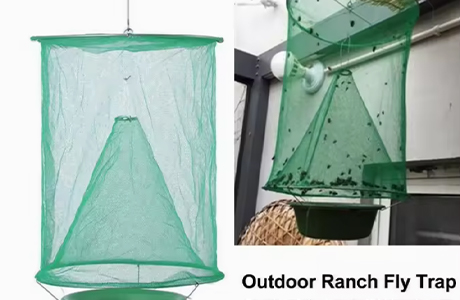
 Pest Control Strategies in Urban Environments
Pest Control Strategies in Urban Environments  You May Also Like
You May Also Like



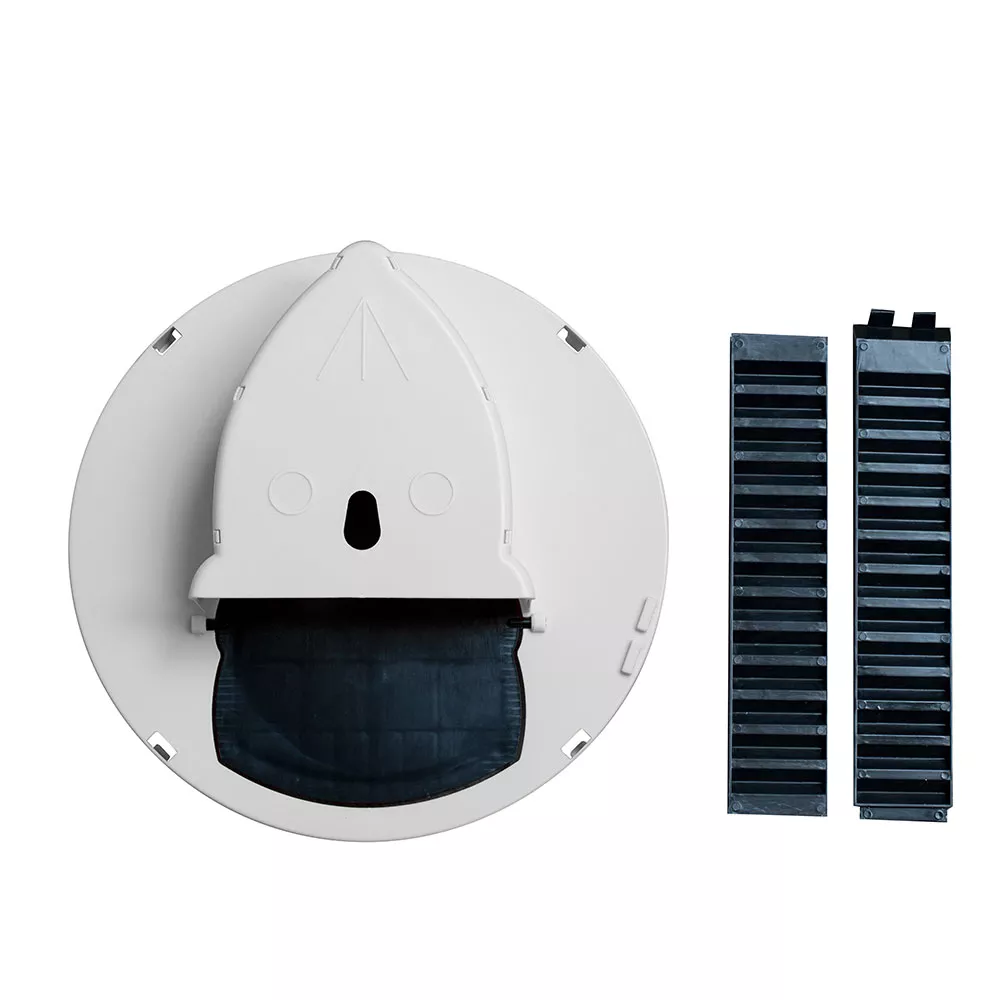
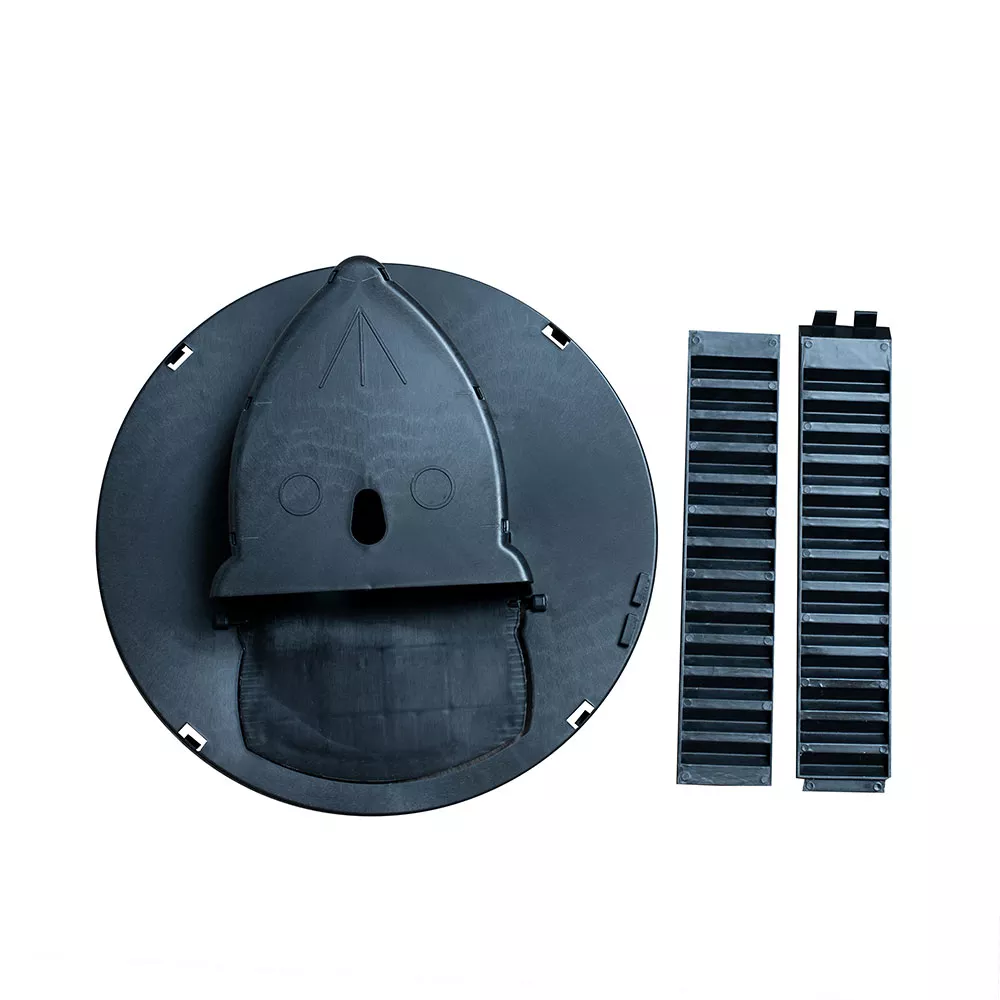

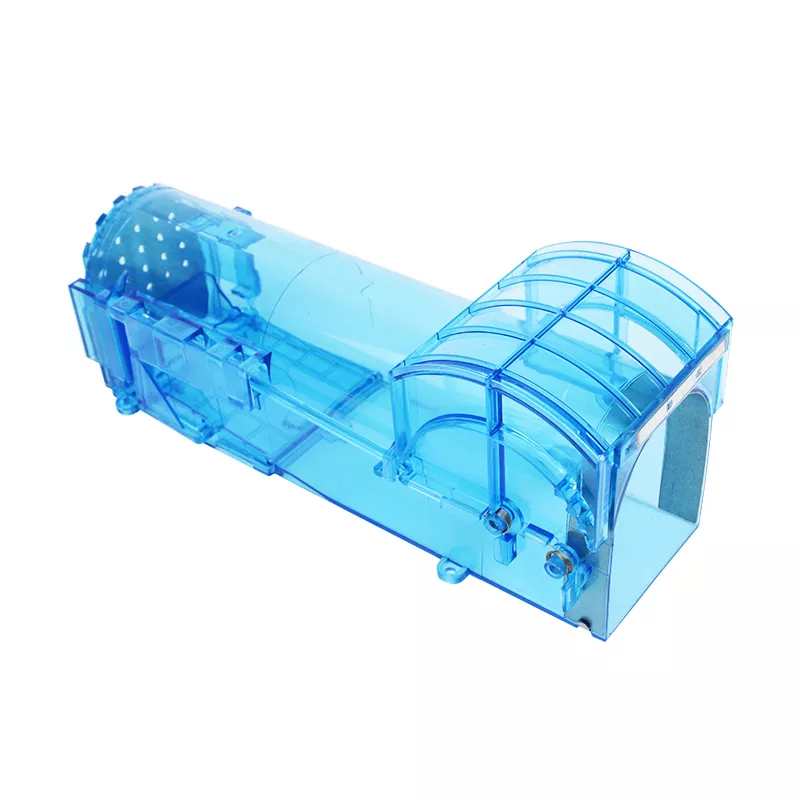
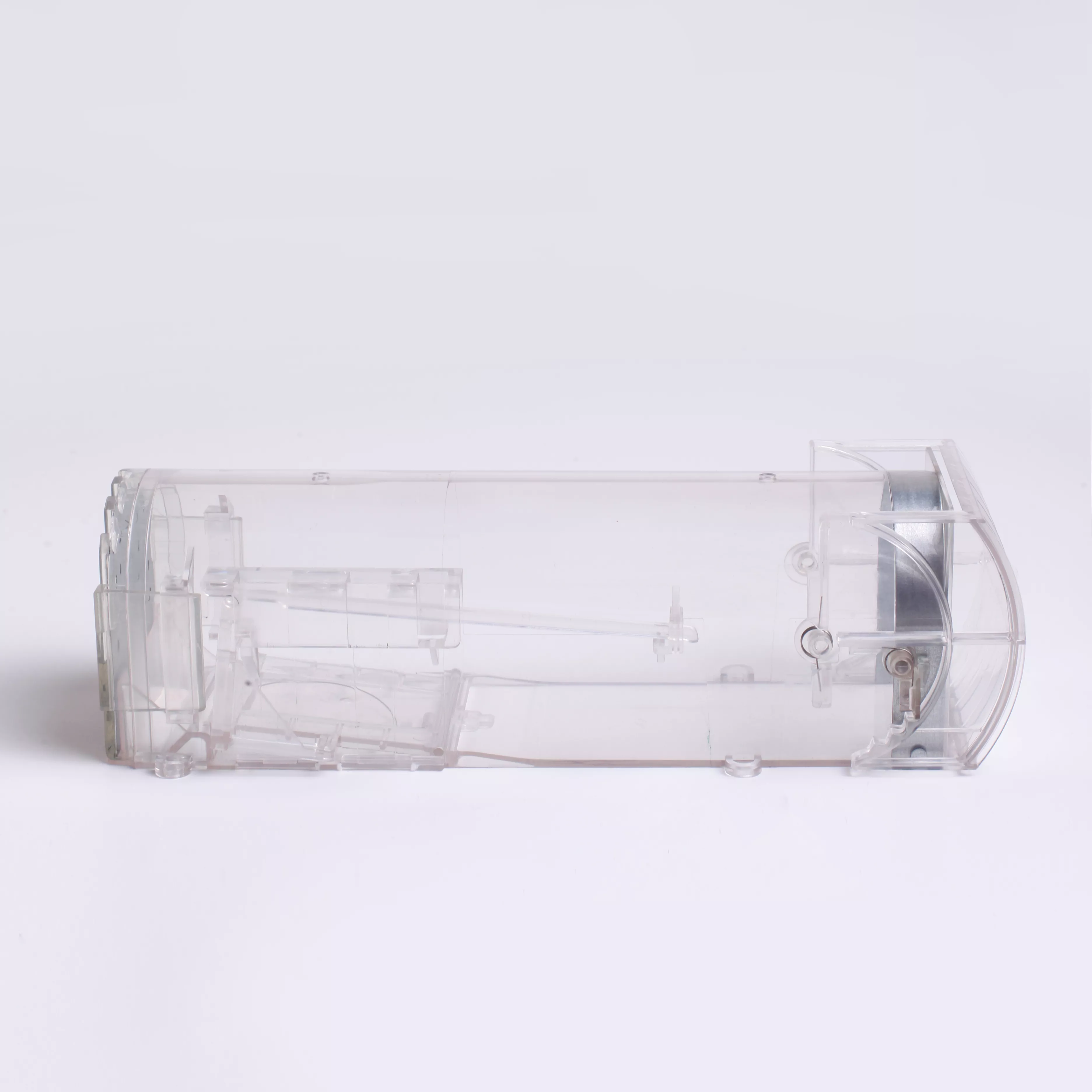


 Tel
Tel
 Email
Email
 Address
Address













